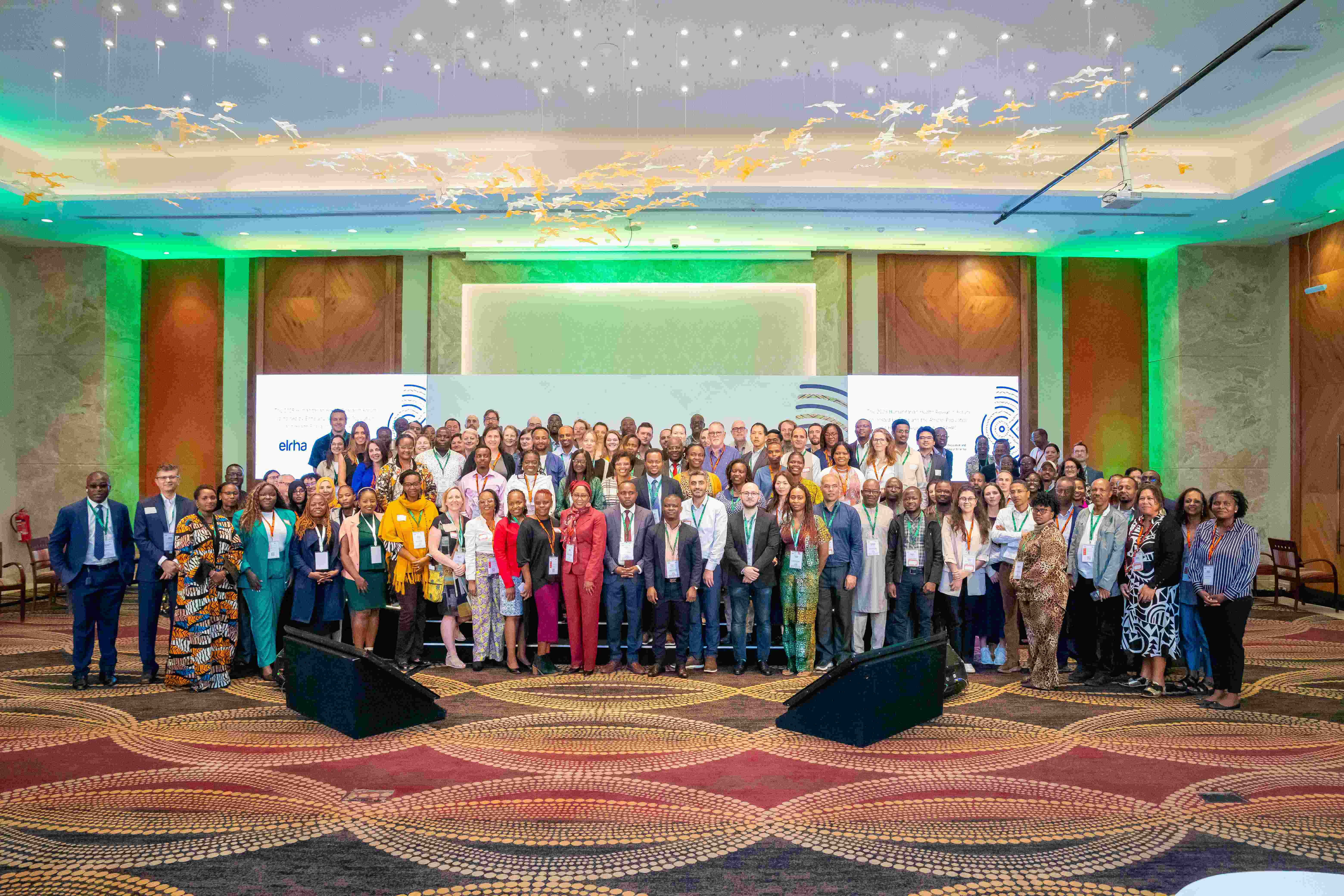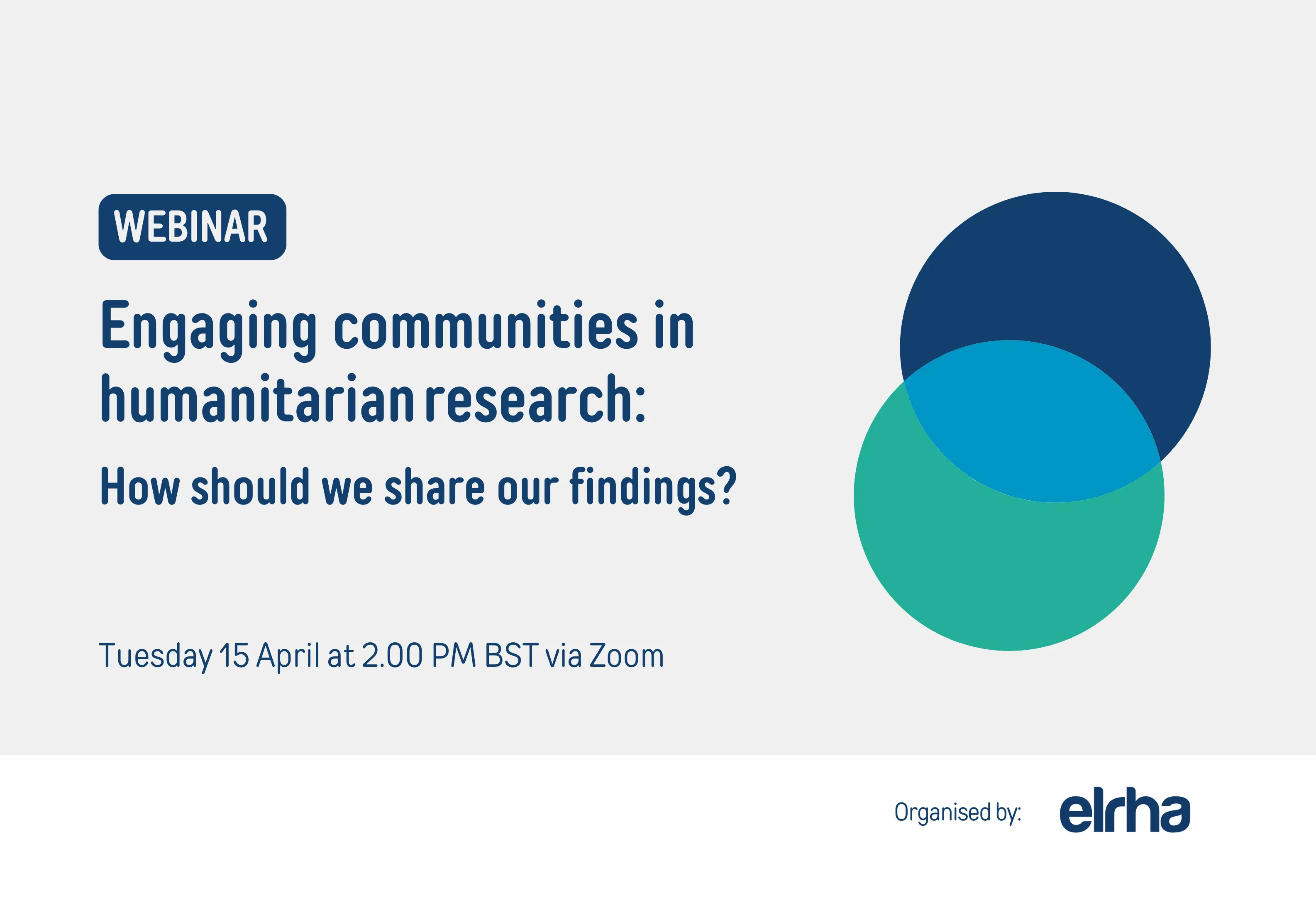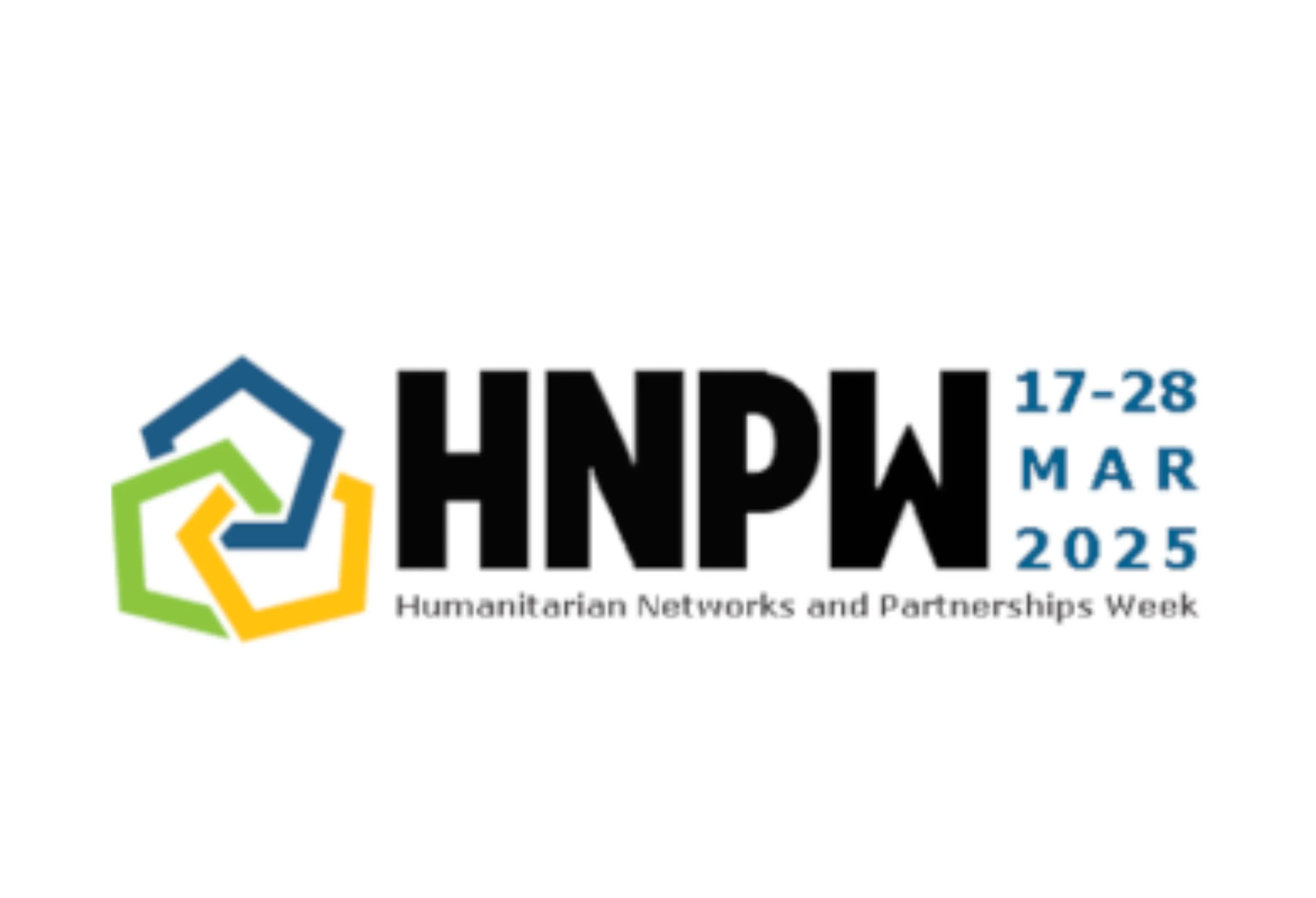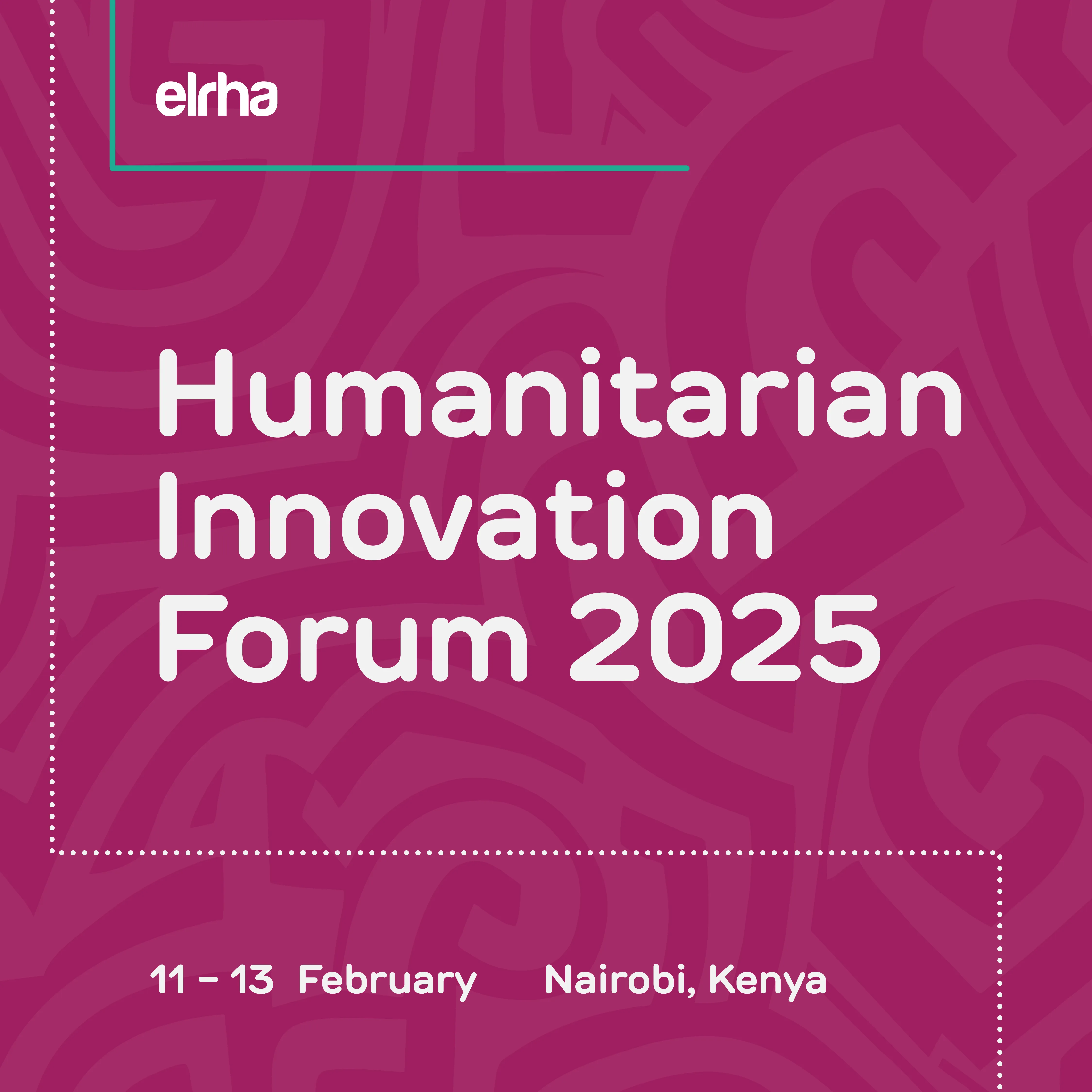Setting research priorities for the next decade of non-communicable diseases in humanitarian response
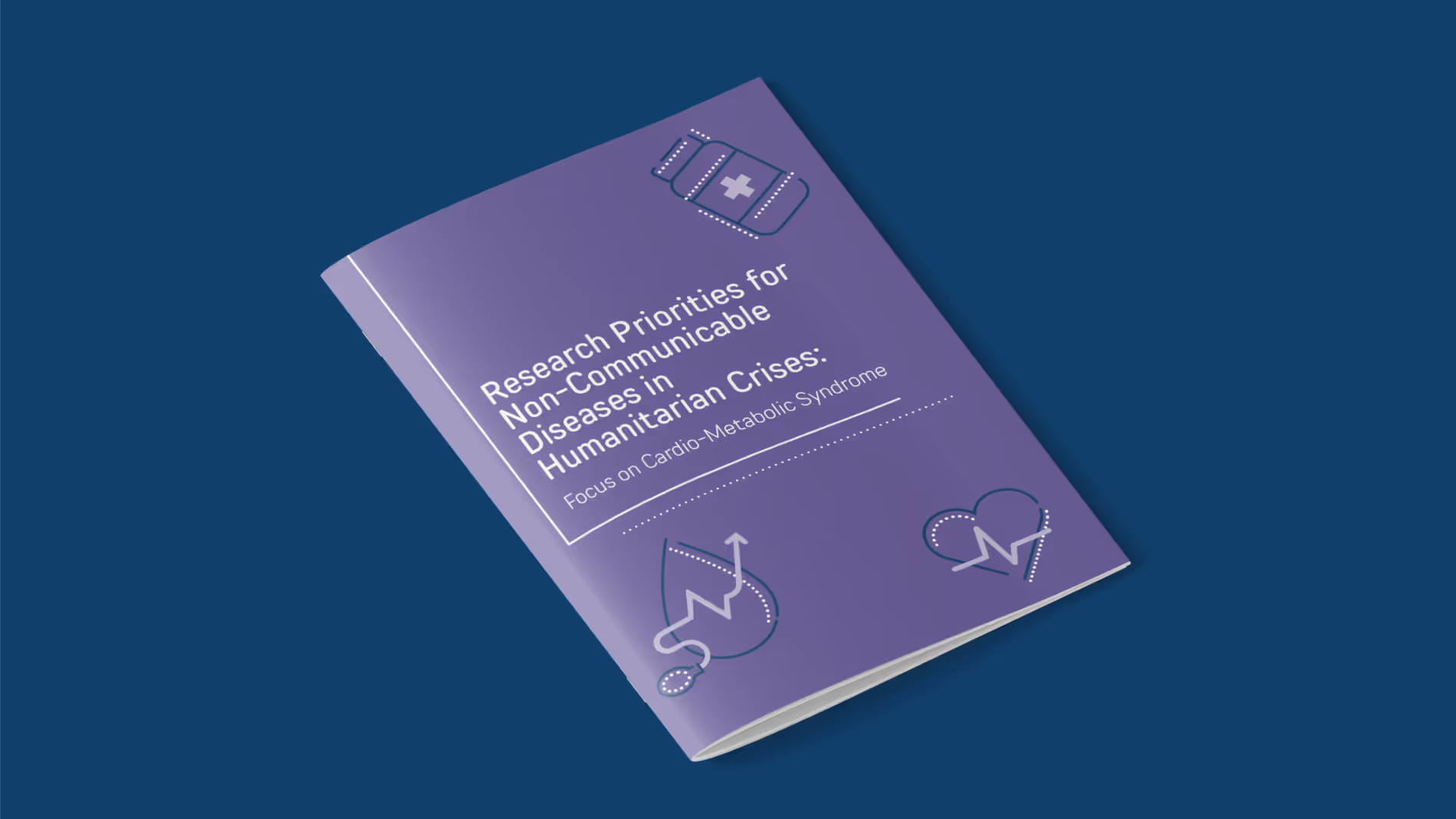
About the event
We hosted a webinar on Wednesday, 4 September 2024, to launch our report: “Research Priorities for Non-Communicable Diseases in Humanitarian Crises: Focus on Cardio-Metabolic Syndrome”. The event shared key findings from the report and heard from experts representing the research, practice and patient communities for NCDs in humanitarian settings.
Funded by Elrha, this research priority setting for non-communicable diseases was conducted by researchers from the American University of Beirut and the International Rescue Committee. Supported by technical experts from the NCDs community of practice, the team applied the established Child Health and Nutrition Research Initiative (CHNRI) methodology to set the research agenda for the next decade. Given the wide-ranging nature of NCDs, this research prioritisation focuses on Cardio-Metabolic Syndrome (CMS), a cluster of conditions that increase the risk of heart disease, stroke and type 2 diabetes.
This research agenda supports the global call to action to address the rise of CMS in humanitarian settings and prevent further unecessary deaths and comorbidities. The prioritised research questions are intended to guide researchers, humantiarian practitioners and funding agencies in deepening their understanding of context-specific needs regarding the management of NCDs. Addressing these questions can contribute to improved policy and practice in both acute and long-term humanitarian crises.
You can watch the event recording below or explore the key takeaways in this blog written by Elrha's Senior Humanitarian Health Advisor, Gillian McKay.
Watch the event recording
Panellists
- Philippa Boulle, Non-Communicable Diseases (NCD) Advisor; Chronic Disease Team Leader, Médecins Sans Frontières (MSF)
- Bayard Roberts, Professor of Health Systems &; Policy, London School of Hygiene and Tropical Medicine (LSHTM)
- Mohammed Seyam, Gazan medical doctor, NCDs in crises advocate, Young leader in diabetes
- Mesfin Teklu Tessema, Senior Director, Health Unit, International Rescue Committee (IRC)
Presenters
- Chaza Akik, Consultant Investigator, American University of Beirut (AUB)
- Lilian Kiapi, Co-Principal Investigator, IRC
The discussion was chaired by Mike Woodman, Senior Public Health Officer, United Nations High Commission for Refugees (UNHCR).
Research Priorities for Non-Communicable Diseases in Humanitarian Crises: Focus on Cardio-Metabolic Syndrome
This research agenda and prioritised research questions are intended to guide researchers, humantiarian practitioners and funding agencies in deepening their understanding of context-specific needs regarding the management of NCDs. The report is accompanied by a data visualisation to explore the priority questions.
[.cta_link]Explore the report[.cta_link]
